Why Creativity is Good For You
We often get asked about why creativity and making is so good for well-being. We are happy to explain based on our experience as well as our understanding of the science.
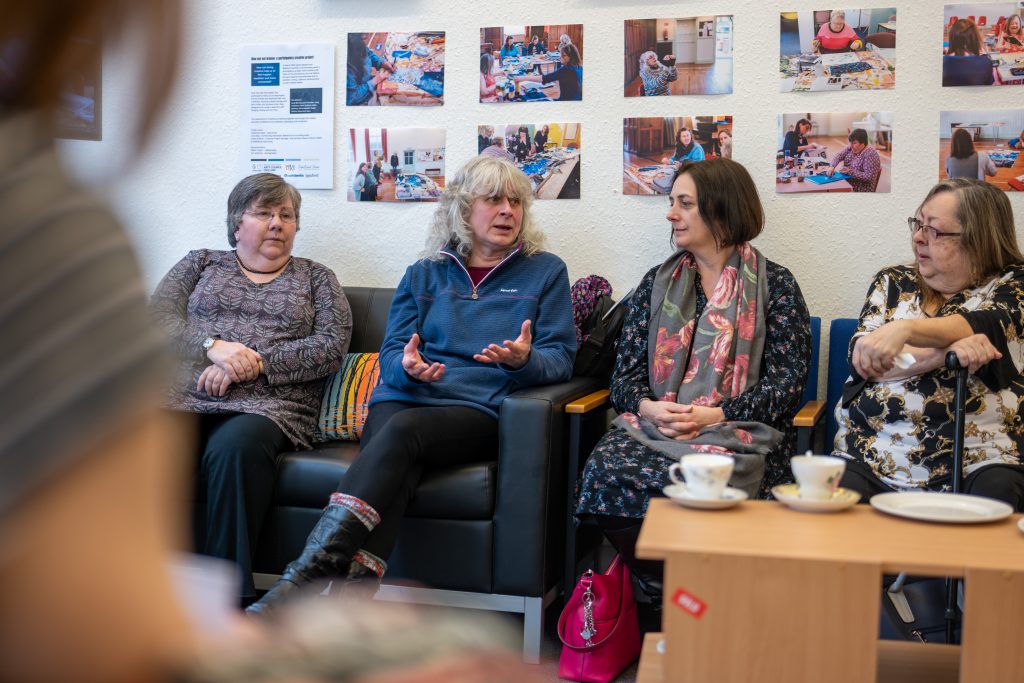
Our commission from One Northern Devon in 2022 led to a Case Study about the benefits of socially prescribing arts activities with inputs from participants, community builders, social prescribers and artists. The report was developed by Take a Part Consulting.
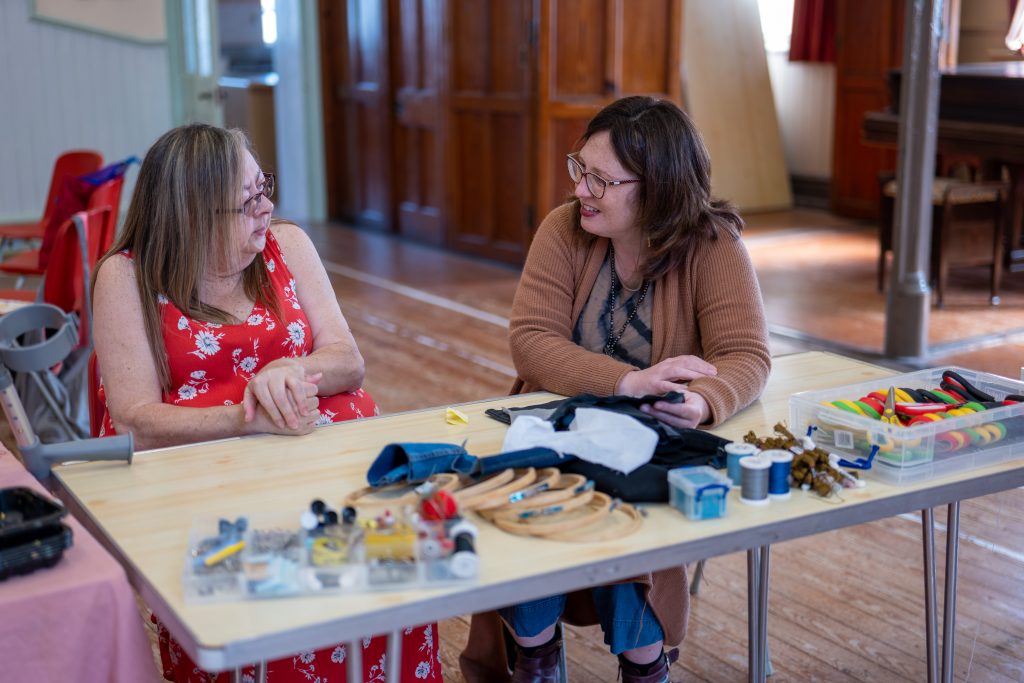
In our 2021 Devon County Council and NHS enabled ‘Doing What Matters‘ project, we used Warwick Edinburgh Scale evidence to better understand the impacts of our workshops. We also held focus groups and created videos with participants.
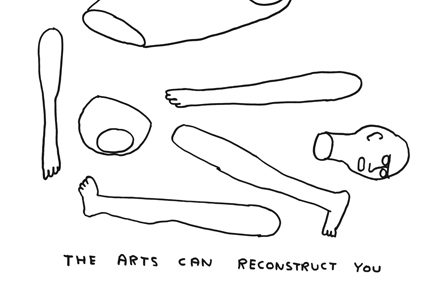
Creative Health, a report and recommendations from the all-party parliamentary group on arts, health, and well-being, reviews current research and literature, as well as case studies from the perspectives of medicine and the arts, and importantly, participants.
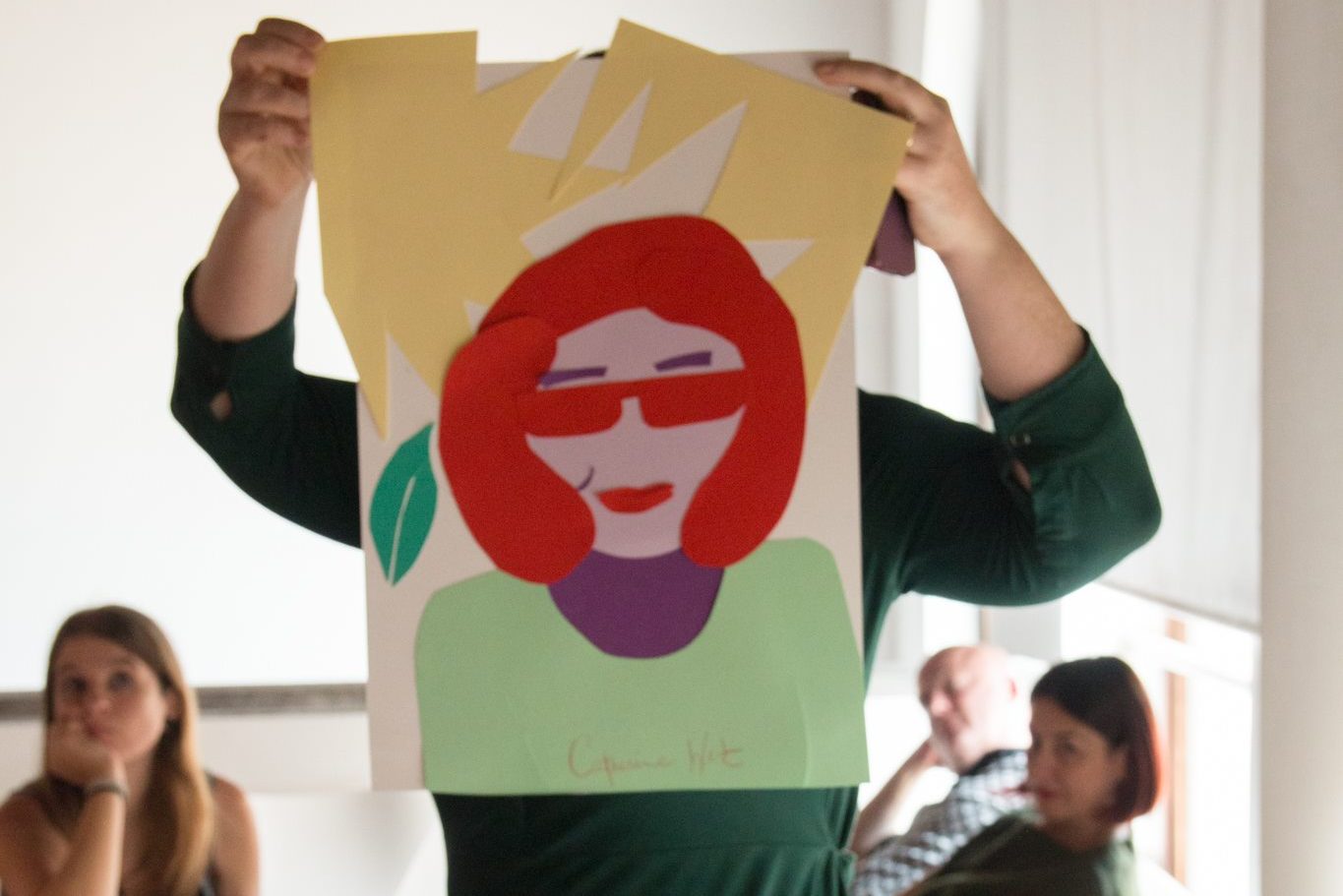
Our founder’s role as a Project Researcher for the Erasmus funded Art & Social Change project, involved us with leading researchers and practitioners of Arts for Mental Health and Addiction work in the UK, Sicily and Lithuania. It also had us contributing to an international framework on developing effective learning frameworks for both health practitioners and people in recovery. Here is the UK ‘Notes for Decisionmakers’ emerging from the project.

The Centre for Cultural Value is national research centre based at the University of Leeds. Core partners include The Audience Agency, The University of Liverpool, The University of Sheffield and Queen Margaret University, Edinburgh. They work alongside cultural practitioners and organisations, academics, funders and policymakers to:
- Summarise existing evidence to make relevant research more accessible
- Support the cultural sector to develop skills in research, evaluation and reflective practice
- Convene discussions around questions of cultural value
- Shape policy development
- Offer funding for research partnerships through the Collaborate fund
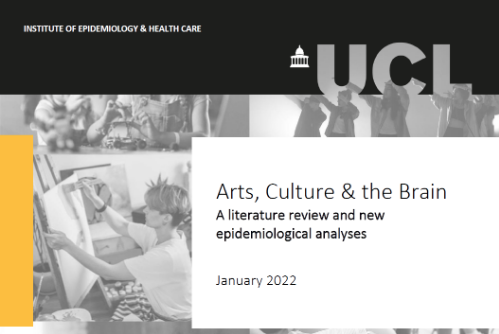
This report, commissioned by Arts Council England, offers extensive evidence that:
Engaging in creativity and culture is linked to positive wellbeing, feeling connected, and motivation in people across a range of ages and locations.
The mental wellbeing of people in highly deprived areas can benefit more from taking part in creative and cultural activities.
By engaging with creativity and culture, relationships between parents and their children can be strengthened, while children can be more ready to start school, especially if they’re less economically advantaged.
Taking part in creative activities can help reduce a range of ‘negative’ behaviours in teenagers, including criminal behaviour and substance use.

A DCMS-commissioned study by Frontier Economics and the UCL Social Biobehavioural Research Group suggests that engaging with culture has an impact of up to £8billion on adults general health.

Harvard Business School has published an article highlighting why creativity is important in business.
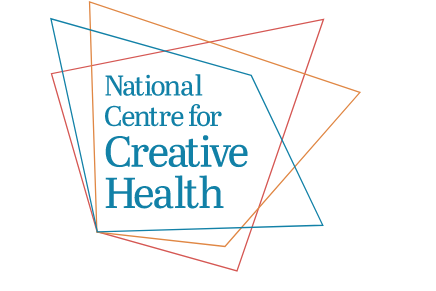
The National Centre for Creative Health advances good practice and research, informs policy and promotes collaboration, helping foster the conditions for creative health to be integral to health and social care and wider systems. Creative Health Champion Case Studies are worth a browse!
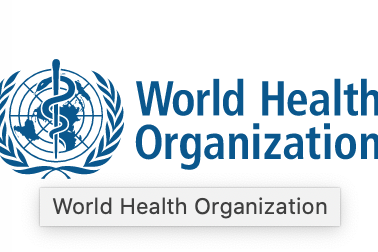
This World Health Organisation report synthesizes the global evidence on the role of the arts in improving health and well-being, with a specific focus on the WHO European Region. Results from over 3000 studies identified a major role for the arts in the prevention of ill health, promotion of health, and management and treatment of illness across the lifespan.
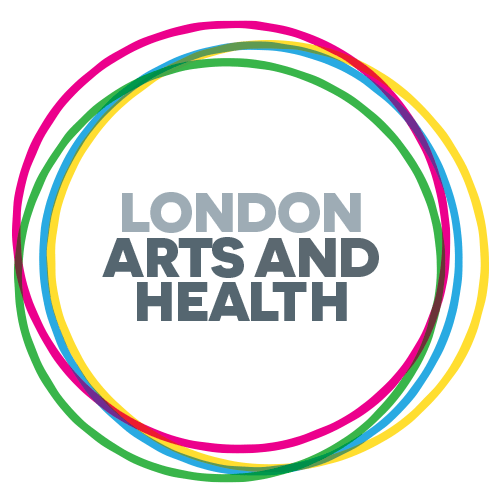
London Arts & Health supports artists and helath professionals across the whole of London and beyond, promoting excellence and engagement in the field of arts and wellbeing, and extending teh reach of the arts to communities and individuals.
Many people are excluded from mainstream arts opportunities, yet it is often these people whose health and wellbeing could be most enhanced through such engagement.
